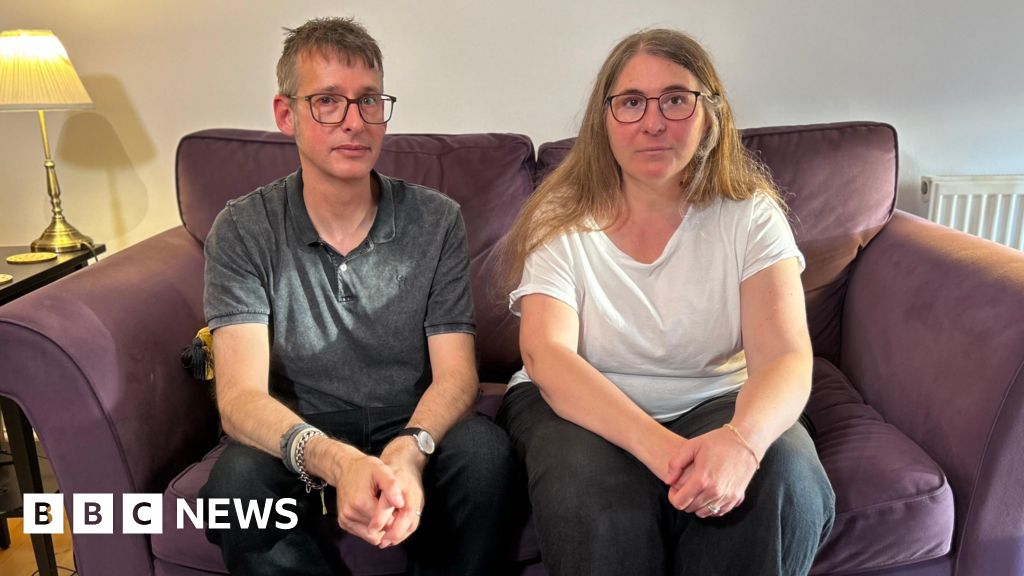ARTICLE AD BOX
 Image source, Getty Images
Image source, Getty Images
The government has ruled out more help for homes with energy bills despite costs remaining historically high.
On Thursday, Ofgem is expected to announce a sharp drop in the price cap, which limits how much suppliers can charge per unit of energy.
It is forecast to fall to about £2,000, nearly double the amount when the cap was announced in 2019.
Environment Secretary Therese Coffey said the chancellor had already set out his plan to help homes months ago.
She told the BBC's Sunday with Laura Kuenssberg it was more important that the UK build its own energy supplies such as nuclear power stations and more offshore wind farms.
Since last October, household energy bills have been limited to £2,500 under the government's Energy Price Guarantee Scheme.
All homes also received £400 each over the winter from the state.
The Energy Price Guarantee Scheme is set to finish at the end of June. Because the price cap, set by the regulator Ofgem, is expected to be below the Energy Price Guarantee scheme, bills will no longer be subsidised.
People on low income as well as the elderly and disabled will still receive help. However, consumer finance expert Martin Lewis said: "It is the people just above the threshold who don't get the cost of living help for whom £2,000 a year for energy bills is unaffordable."
When the price cap was introduced in January 2019, the typical household gas and electricity bill was £1,137.
It has since risen as high as £4,279 at the beginning of this year before dropping slightly to £3,280 in April when Ofgem released its last price cap.
Gas prices rose sharply after Russia - a key energy producer - invaded Ukraine and was hit by sanctions by a number of countries including the UK.
Households have been protected from the price cap because of the government's guarantee scheme.
But Mr Lewis said: "It is worth remembering in April everybody lost the [£400] winter bill support so in practical terms, people aren't going to be feeling any real benefit.
"They are going to be paying the same as they were over winter."
Consumer finance expert Martin Lewis said people will still face high energy bills
Consultancy group Cornwall Insight predicts that the typical household energy bill will fall to £2,054 between July and September for a dual-fuel bill paid through direct debit.
But it said: "Despite the cap falling from the sky-high prices of the past two years, the figure remains over £1,000 per year more than the price cap levels seen prior to the pandemic.
"We do not currently expect bills to return to pre-2020 levels before the end of the decade at the earliest."
Mr Lewis also pointed out that the standing charge on energy bills is around £300 which he described as "the amount we all pay just for the facility of having gas and electricity".
Ms Coffey said: "I expect we will continue to look at the different ways that those charges are put through to bill payers but I do know there is also considerable support that is helping people, particularly with the lowest incomes in the cost of living challenge."
How can I save money on my energy bill?
- If you can, don't use an electric oven to cook your food - gas hobs, slow cookers, air fryers and microwaves are much cheaper
- Setting your washing machine at 30C can save you money
- Turning your thermostat down by just one degree could save up to £229 a year

 2 years ago
42
2 years ago
42








 English (US) ·
English (US) ·